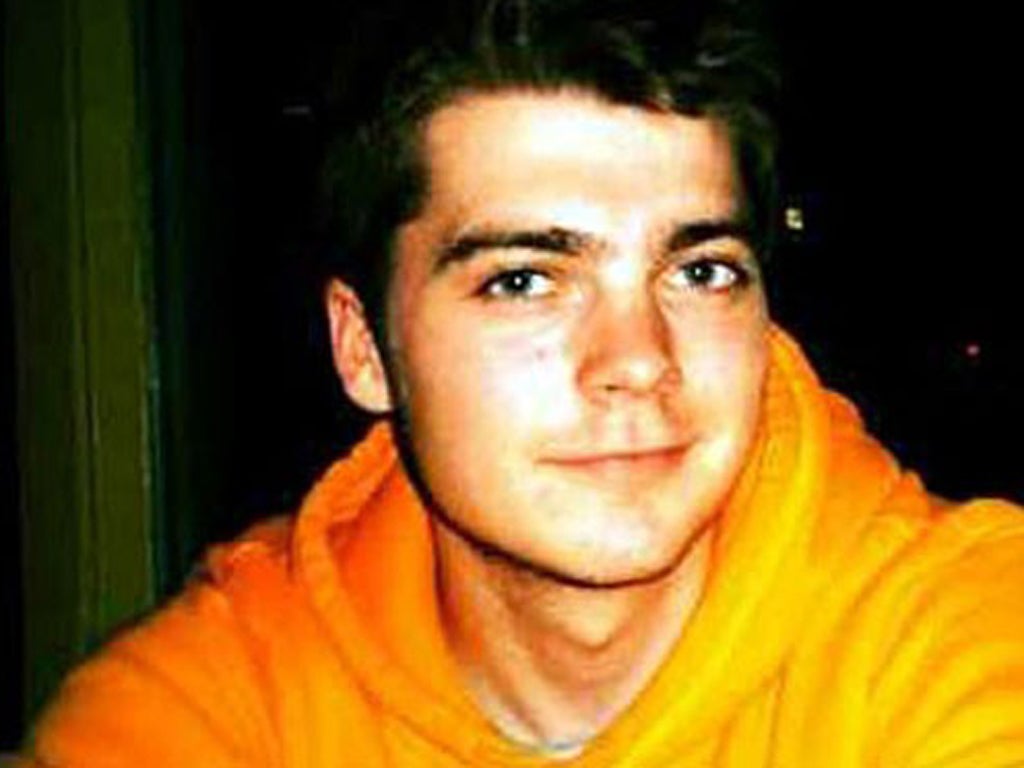Student who ran TV website in extradition battle with US

Extraditing a British student to the United States over allegations of copyright infringement would be disproportionate and a breach of his human rights, his lawyer said yesterday.
Richard O'Dwyer, 23, is fighting efforts by the US authorities to have him stand trial in America.
Prosecutors accuse him of infringing copyright and of conspiracy to infringe a copyright, over his website TVShack, which offered links to other sites providing pirated content online. Westminster Magistrates Court heard yesterday that he could face 10 years in jail if convicted.
But his lawyer Ben Cooper argued that there was no reason for his client to be taken away from his home and family to face the charges when he could be prosecuted in the UK if necessary.
He told the court: "Mr O'Dwyer is a young man yet to complete his degree and his social environment would be removed from him. That is going to impact on his reaction to finding himself surrounded by the sort of people who will inhabit a federal detention centre in New York. He would be a fish out of water in such an environment."
He added that, as the first British citizen to be extradited for such an offence, Mr O'Dwyer would effectively become a "guinea pig" for copyright law in the US. And yesterday, the Sheffield Hallam University student's mother Julia O'Dwyer told reporters: "If he has committed a crime in this country, we are not trying to say that he should not face up to that, nor are we trying to condone copyright infringement." She added that she thought extradition proceedings seemed "largely disproportionate" for alleged copyright infringement.
Last week, the Deputy Prime Minister Nick Clegg ordered a fresh review of the law covering extradition after high-profile cases such as that of Gary McKinnon, who has Asperger's Syndrome and is wanted in the US on charges of hacking.
The treaty was also criticised after it emerged that nine times as many British citizens have been extradited as Americans. An official review by retired judge Sir Scott Baker found last month that the Extradition Act was not biased but Mr Clegg has asked a panel, chaired by Sir Menzies Campbell, to report on how the arrangement could be reformed in his capacity as Lib Dem leader.
John Jones, for the US authorities, told the court the victims of the alleged offences included the film studios.
Mr O'Dwyer earned money through hosting advertisements on the site, allegedly receiving more than £147,000 in advertising revenue since January 2008, according to the US authorities. He argues that his site did not store copyright material but pointed users to other sites where they could download films and TV shows.
Judgment on whether to extradite Mr O'Dwyer was reserved until Friday, January 13 at Westminster Magistrates' Court.
Join our commenting forum
Join thought-provoking conversations, follow other Independent readers and see their replies
Comments
Bookmark popover
Removed from bookmarks